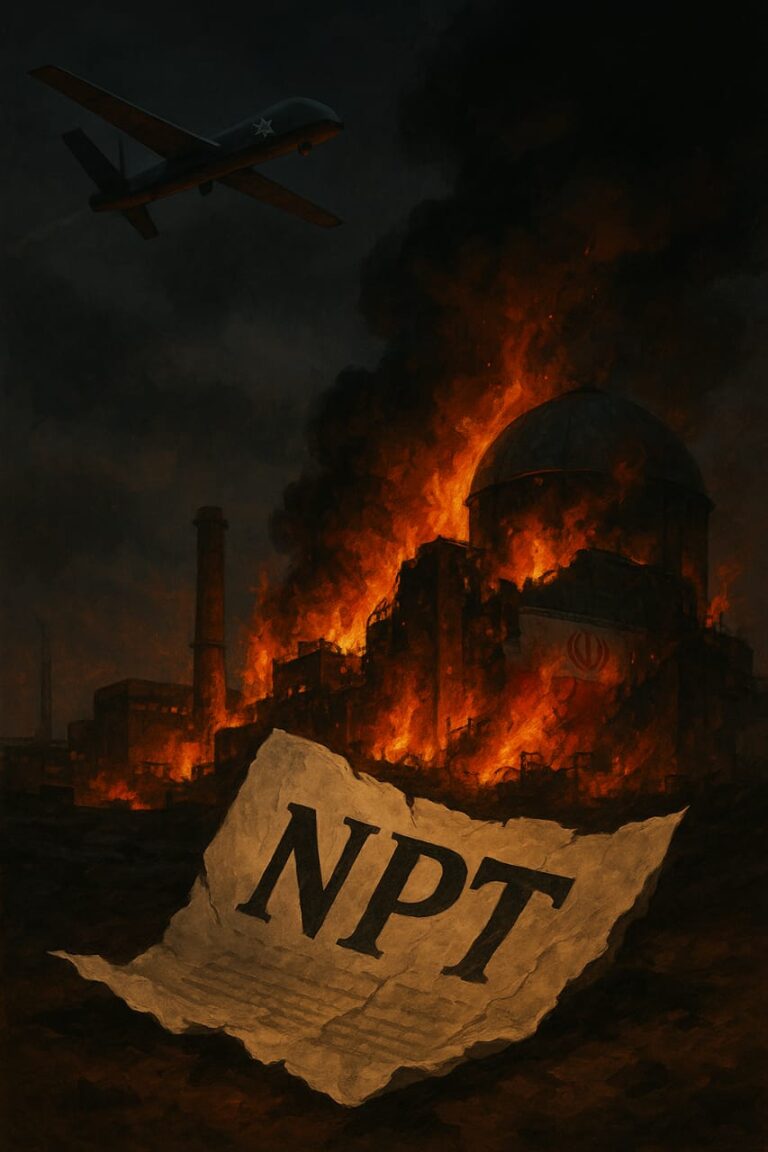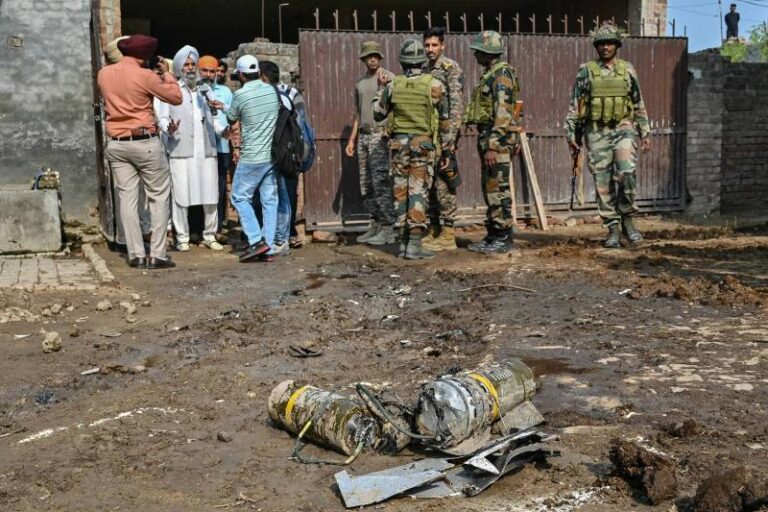
Source: Arab News
Rupert Stone
As the US withdraws from Afghanistan, Turkey is stepping up to the plate. In April, it agreed to host a peace conference between the Taliban and Afghan politicians, an event which was later cancelled due to the militant group’s refusal to attend. More recently, it has offered to secure Kabul’s international airport after the NATO departure. Analysts have reacted positively to all this, opining that Turkey is well-placed to move into the post-American void in Afghanistan. But they are wrong. While Turkey does have interests in the country and can certainly contribute to its future development, it is not capable of playing a central security or diplomatic role there.
Firstly, Ankara does not have close ties to the Taliban. Russia, China, Iran and Uzbekistan have hosted Taliban delegations and maintain regular contact with the group, but Turkey has had relatively little interaction. Informal talks were held in Ankara between the militants and Afghan officials in 2018, and there were rumours of a Taliban office being opened in Ankara a decade ago, but none of this compares to the activities of other regional powers.
Qatar, for example, has hosted a Taliban office for years, and negotiations with the US took place in Doha. Russia has held successive rounds of intra-Afghan talks, while Uzbekistan organized a conference on Afghanistan in 2018. China has also welcomed numerous Taliban delegations, including one led by deputy emir Mullah Baradar in July. Many Taliban have moved with their families to live in Qatar, the UAE, Iran and, of course, Pakistan, but the diaspora in Turkey is minimal.
It is easy to understand why Turkey-Taliban ties are weak. Ankara is one of the main contributors to the NATO mission in Afghanistan, which has been fighting the militant group for almost two decades. While Turkey’s role in the war has largely consisted of training Afghan forces rather than engaging in combat, the Taliban nonetheless view the NATO operation as a foreign occupation led by western ‘infidels’.
Moreover, Turkey has long-standing relations with anti-Taliban elements, such as the Turkic warlord Abdul Rashid Dostum, who has periodically lived in the country and recently fled there to seek medical treatment. It is therefore no surprise that trust between the Taliban and Turkey is tenuous. The fact that Turkey is a Muslim-majority country which has tense relations with the West does not change the fact that it is on the American side in Afghanistan.
Tensions between Ankara and the Taliban were on full show recently. The group issued a menacing statement that opposed Turkey’s plans to guard the airport; President Erdogan shot back, slamming the insurgents for their “occupation” of parts of Afghanistan. It has been suggested that Turkey is well-positioned to convene peace talks and help mediate an end to the conflict. But this, again, is optimistic. Previous Turkey-led diplomatic initiatives have not made much progress.
The Heart of Asia-Istanbul Process, launched in 2011, is little more than a gabfest that has yet to include the Taliban. Ankara brought Afghanistan and Pakistan together in trilateral talks, but those ground to a halt years ago. A meeting this year suggests the format might be revived. But China has recently had more success orchestrating talks, convening an annual trilateral with the two neighbours since 2017. Ankara was not a major player in the Afghan peace process. While US envoy Zalmay Khalilzad repeatedly visited Pakistan, Qatar, and Uzbekistan in the lead up to the 2020 Doha agreement, he rarely travelled to Turkey. It is not an ideal mediator for Afghanistan because its relations with regional powers are precarious. Links with Iran are fraying. Ties to China, while growing, continue to be overshadowed by the Uyghur issue.
Erdogan’s rapprochement with Russia is recent and might come undone over Syria. Ankara is close to Islamabad and could influence the Taliban indirectly, via it. But proximity to Pakistan also means distance from India, an important actor on the Afghan stage. The simple truth is that Afghanistan is not a foreign policy priority for Turkey. Ankara is far more concerned about Europe and its immediate neighbourhood, where its economic and security interests are greater.
For that reason, it will be hard for Erdogan to win domestic popular backing for his Afghan plans. If Turkey uses Syrian mercenaries to guard the airport, as has been reported, that might at least ensure Turkish soldiers do not return home in coffins. But previous deployments of Syrians in Libya and Azerbaijan have been marred by controversy, and there are unconfirmed rumours of links between mercenaries and militant groups.
The Taliban are likely suspicious of Turkey’s motives for securing the airport. Ankara apparently wants Washington to lift sanctions if it agrees to provide troops, although neither the Turkish nor American governments have confirmed that such a deal is in the works. Erdogan has been on a charm offensive with Biden and other leaders, trying to improve Ankara’s foreign relations and alleviate its economic malaise. US sanctions were imposed this year over Turkey’s purchase of the Russian S-400 missile defence system.
Efforts to use Kabul airport as a bargaining chip will not go down well with the Taliban and may solidify the impression that Ankara is in Washington’s camp when it comes to Afghanistan. Turkey would certainly be performing a vital service if it does send troops. A functioning airport is essential if diplomatic missions are to operate in Kabul and foreign aid organizations are to continue working.
However, guarding the facility carries serious a risk of Taliban retaliation and could further undermine Ankara’s relationship with the group, potentially reducing its influence in Afghanistan should the militants enter government. Turkey does have a positive role to play by continuing its generous development assistance. Ankara should definitely be involved in regional discussions regarding Afghanistan’s future. It could host multilateral meetings, even if its capacity to mediate is limited. In short, while Turkey can help in some ways, it is not Afghanistan’s saviour.
Rupert Stone is an independent journalist.




